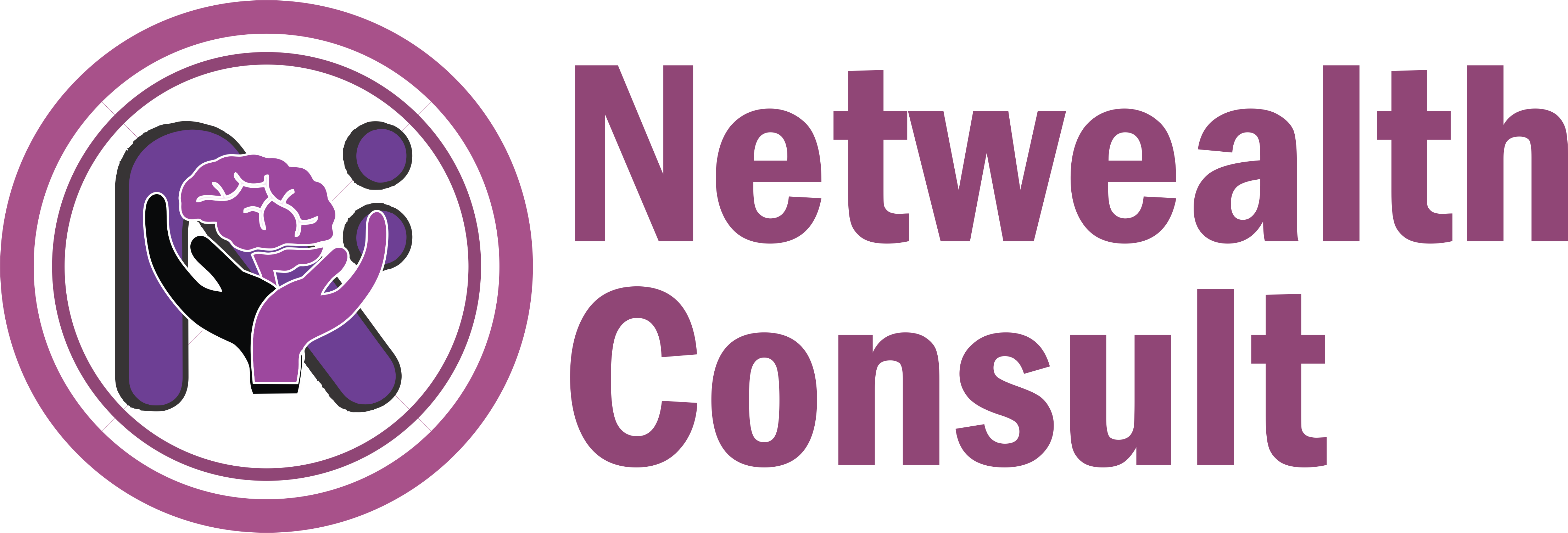
When Ifeoma was ten years old, her home was filled with fear. Her father’s temper erupted like a storm, loud, unpredictable, and cruel. She learned to hide, to silence her tears, and to bury her pain deep inside. Years later, when she discovered alcohol in university, it felt like peace. A few sips quieted the noise in her mind. The relief was fleeting, but powerful. Soon, that relief became a need.
By her late twenties, Ifeoma’s life was unraveling. She wasn’t drinking for pleasure anymore she was drinking to survive. Each morning she promised herself to stop; each evening she found herself pouring another glass. She wasn’t weak or reckless. She was hurting.
This is the silent story behind many struggles with addiction: pain seeking relief.
Understanding the Hidden Connection between Trauma and Addiction
Psychology has long shown that trauma doesn’t disappear when the event ends. It lingers in the nervous system, in thought patterns, and in emotional responses. Unresolved trauma can manifest as anxiety, depression, hyper vigilance, or emotional numbness. For some, substances become a way to self-medicate these invisible wounds.
Addiction often begins not with a search for pleasure, but with an attempt to escape pain. Alcohol, drugs, or even behavioral addictions like gambling and overeating can temporarily numb feelings of fear, shame, or sadness. The relief reinforces the behavior, and the cycle deepens.
Neuroscience helps explain why this happens. Trauma reshapes the brain’s stress and reward systems:
- The amygdala: this part of the brain detects threats, becomes overactive, keeping the body in constant survival mode.
- The prefrontal cortex, this part of the brain manages reasoning and impulse control, becomes underactive.
- The reward system: this is responsible for pleasure and motivation, starts associating substances with safety or calm.
In short, trauma teaches the brain to seek escape and addiction provides it, even if temporarily.
Addiction as a Coping Mechanism, Not a Moral Failing
For decades, society viewed addiction through a moral lens: as weakness, lack of willpower, or poor choices. But modern psychology reframes it as a coping mechanism, a maladaptive attempt to manage overwhelming internal pain.
When a person says, “I need a drink” after a stressful day, it’s not only habit it’s a learned response from the body and brain. For someone with trauma, that stress may be amplified a hundredfold. Substances become a way to feel “normal,” even for a moment.
This doesn’t excuse addiction, but it humanizesit. People don’t choose addiction any more than they choose trauma. Healing begins when we move from judgment to understanding.
The Cycle of Trauma and Addiction
The relationship between trauma and addiction is cyclical. Trauma increases vulnerability to addiction and addiction, in turn, deepens trauma.
- Emotional numbness: Substances dull feelings, preventing emotional processing and healing.
- Isolation: Guilt and shame push people away from supportive relationships.
- Re-traumatization: Addiction often leads to risky behaviors, abusive relationships, or environments that reinforce fear and pain.
- Loss of control: Each relapse reaffirms feelings of helplessness that the same feelings rooted in trauma.
To break this cycle, we must address the root, not just the symptoms.
Healing from the Root Cause: Trauma-Informed Recovery
Recovery that ignores trauma often fails. Without addressing the underlying pain, the same triggers resurface, leading to relapse or substitution of one addiction for another. That’s why trauma-informed care has become essential in modern mental health and addiction treatment.
Here’s how trauma-informed recovery works:
1. Safety and Trust
Healing begins with creating a space where individuals feel physically and emotionally safe. Many trauma survivors have lived in fear, so predictability and compassion are vital. A calm environment and supportive relationships help the nervous system begin to relax.
2. Understanding the “Why”
Therapy helps individuals uncover the link between past experiences and present behaviors. Techniques likeCognitive Behavioral Therapy (CBT)and Eye Movement Desensitization and Reprocessing (EMDR)help reprocess traumatic memories, reducing their emotional charge.
3. Emotional Regulation
Trauma disrupts the body’s ability to manage emotions. Recovery teaches mindfulness, grounding techniques, and healthy coping mechanisms. Over time, individuals learn to tolerate distress without turning to substances.
4. Reconnection and Meaning
Healing from trauma is not only about stopping destructive behaviors, it’s about rebuilding identity and purpose. Reconnecting with family, rediscovering passions, and engaging in meaningful community roles help restore a sense of belonging.
The Role of Compassion in Healing
Perhaps the most important ingredient in recovery is compassion both from others and from oneself. Shame keeps people stuck in cycles of silence and self-blame. Compassion opens the door to vulnerability, allowing healing to take root.
When someone says, “Why can’t you just stop?” it reinforces shame. When they say, “I understand you’re in pain; how can I support you?” it creates safety and safety is where healing begins.
Compassion doesn’t mean excusing harmful behavior. It means recognizing the humanity beneath it. It means believing that every person, no matter how broken they feel, carries the capacity to heal.
Redefining Recovery: Healing, Not Just Abstinence
True recovery isn’t just about giving up substances; it’s about transforming the pain that made substances necessary in the first place. It’s about moving from survival to growth, from isolation to connection, from shame to self-acceptance.
Healing from trauma is not quick or linear. Some days will bring strength, others setbacks. But every step forward every therapy session attended, every moment of awareness, every act of self-care is a victory.
Ifeoma’s story doesn’t end in despair. It ends with courage. The same courage it took to survive her past now fuels her recovery. She no longer numbs her pain, she faces it. Slowly, she is learning that her trauma does not define her, and her healing is her power.
Addiction may begin with pain, but recovery begins with truth; to heal from addiction, we must heal from what caused it.
If you need help call these numbers
08036770092 or 08034753131
